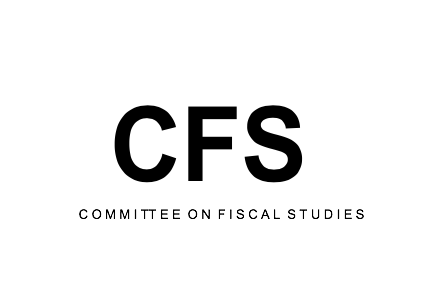Broadening Nigeria’s Tax Base: Focusing on The Taxation of Digital Transactions
Keywords:
Tax, Digital Transformations, Nigeria, Oil, Revenue
Abstract
In taxing digital transactions, the Nigerian government purposes to widen its tax base and strengthen its domestic revenue mobilisation capacity. Arguably, this additional tax could provide the country with adequate sources of revenue with which to finance development and go beyond relying primarily on its oil tax revenue. Although the digital financial services industry in Nigeria is among the continent’s largest and fastest growing sector, its tax contributions are minimal. This article explores the Nigerian approach to taxing digital transactions, investigating why the industry yields low taxes and to recommend proposals that offer the Nigerian government practical steps to leverage on the potential of imposing this type of tax.



